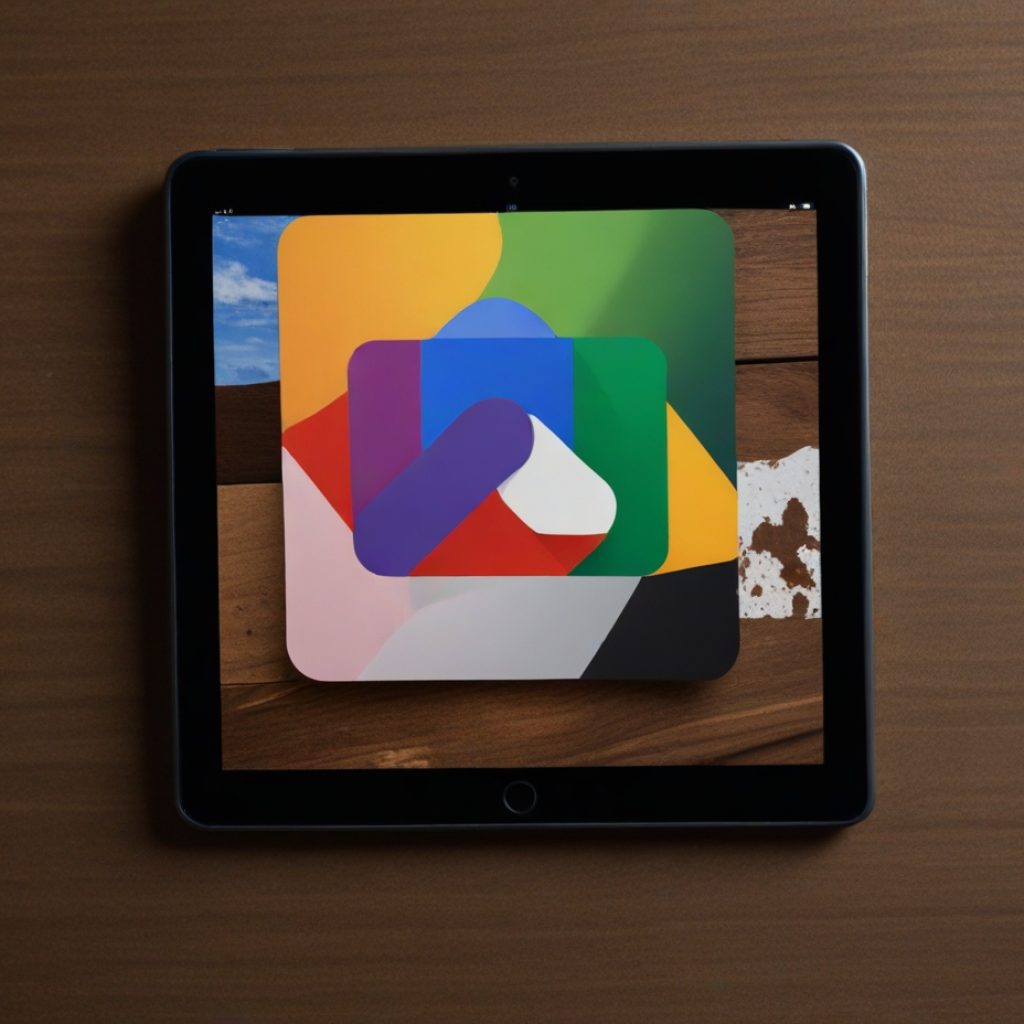In a bold move to modernize its practices, Defra is mulling over the possibility of allowing remote veterinary inspections for Avian Influenza (AI) movement licenses.
The need for change
With the increase in poultry movement, especially in areas identified as Avian Influenza Prevention or Surveillance Zones, the need for appropriate licensing by the Animal and Plant Health Agency (APHA) has grown exponentially. Current legislation mandates an in-person veterinary inspection before a movement license can be granted, specifically for transporting birds to slaughter.
This procedure has been putting a strain on veterinary resources, especially in areas with a significant number of AI cases. Many poultry keepers have also voiced their concerns about the potential biosecurity risks associated with allowing additional personnel on their sites.
The 2022/23 AI outbreak: A game-changer
During the 2022/23 AI outbreak, the APHA piloted a program allowing remote veterinary inspections for movement licensing. In these trials, poultry keepers were able to stream or record a video inspection with a qualified veterinary inspector. This move aimed at reducing the pressure on private veterinary resources and considering its success, Defra is now contemplating the implementation of remote inspections on a more permanent basis.
The proposals on the table
Defra’s consultation outlines three possible options:
Baseline: Continue with the current legislation which mandates in-person inspections and prohibits remote evaluations.
Option 1: Update the legislation to allow remote inspections solely for the movement of birds to slaughter.
Option 2: A more extensive amendment allowing remote pre-movement inspections for all licensed movements, including birds heading to slaughter, brood movements, and the transfer of point of lay pullets.
Of the three, Defra has shown a preference for Option 2.
The NFU Weighs In
The National Farmers’ Union (NFU) is set to provide its response to the consultation. It seeks the views of its members in England, encouraging them to participate in a survey that discusses the proposed changes and seeks feedback on various aspects of the issue.
Some key questions in the survey include:
A preferred approach to remote inspections in Avian Influenza disease control zones.
Necessary steps the government should consider before permitting remote inspections.
Application procedures if remote inspections are allowed.
The possibility of remote veterinary inspections signifies the increasing role of technology in streamlining processes while ensuring safety. However, the ultimate decision should account for the potential risks and benefits involved. The NFU’s survey results and the broader consultation process will be crucial in shaping the future of AI movement licensing in England.
If you have a vested interest or opinion on the matter, now is the time to make your voice heard and contribute to the shaping of future policies.





